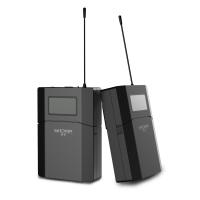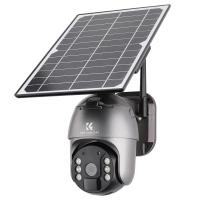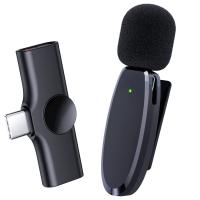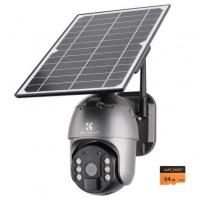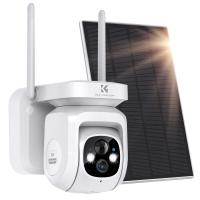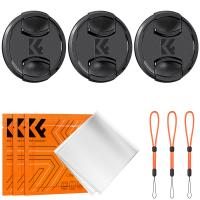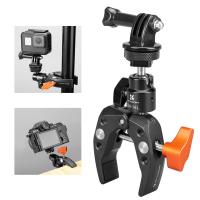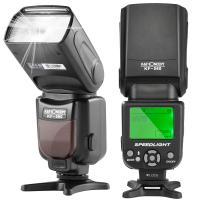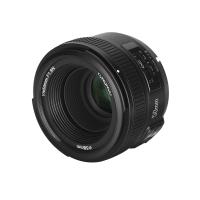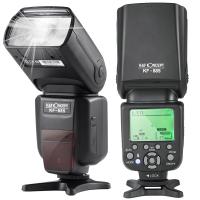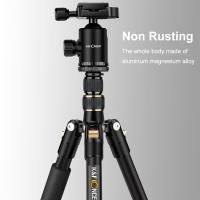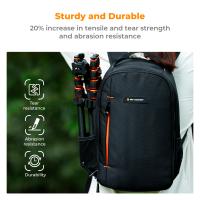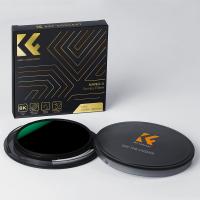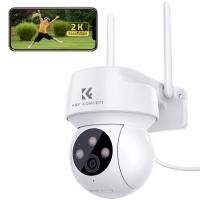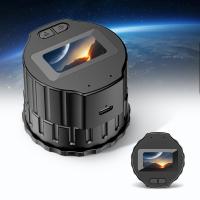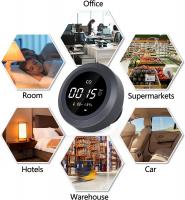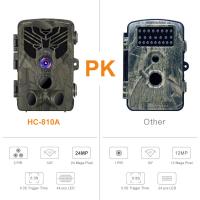What Is Wireless Cctv Camera?
In a world where security is one of the primary concerns for both individuals and businesses, wireless CCTV cameras have quickly emerged as a top choice for providing effective, flexible, and reliable surveillance solutions. Technology has evolved significantly, and wireless CCTV cameras represent the convergence of convenience, efficiency, and cutting-edge innovation for monitoring homes, workplaces, and public spaces.
What Are Wireless CCTV Cameras?
A wireless CCTV (Closed-Circuit Television) camera is a type of surveillance device that transmits video and, in some cases, audio signals to a monitoring station or storage device through a wireless network instead of a traditional wired connection. These cameras do not require cables for video transmission, making them a simpler and more versatile security solution compared to their wired counterparts.
Wireless CCTV cameras are equipped with built-in wireless transmitters—generally Wi-Fi, but they can also use other wireless technologies such as cellular or radio frequencies. They connect to a local network (often via a router) and transmit live footage to a device such as a smartphone, tablet, computer, or cloud storage system.
Key Features and Benefits of Wireless CCTV Cameras
Wireless CCTV cameras are growing in popularity due to the numerous benefits they provide. Here are some of the standout features and the advantages they offer:
1. Ease of Installation
One of the biggest draws of wireless CCTV cameras is their ease of installation. Since they do not require long cables to run between the camera and the recording or monitoring station, they reduce installation time and complexity. This makes them ideal for individuals or businesses that lack the expertise or resources to install traditional wired systems.
2. Flexible Placement
Wireless cameras are highly adaptable and can be installed almost anywhere as long as there is access to a reliable power source and wireless network. Unlike traditional wired systems that are constrained by cable length, wireless cameras are free from such limitations. This flexibility makes them suitable for hard-to-reach areas like higher ceilings, outdoor fences, or areas without pre-installed wiring infrastructure.
3. Remote Access and Monitoring
Most wireless CCTV cameras come with apps that users can download onto their smartphones or tablets. This allows users to access live footage and recordings remotely, providing real-time insights into all activities within the monitored area. For instance, homeowners can check on their property while traveling, and business owners can oversee operations remotely.
4. Supports Cloud Storage
Many wireless CCTV cameras offer cloud storage options, which allow users to store and access recorded footage online. Cloud storage ensures that footage is safe from physical damage, theft, or tampering. It also eliminates the need for bulky recording devices onsite.
5. Minimal Aesthetic Disruption
Wireless cameras blend more seamlessly into a space, as they do not require a network of visible wiring. This aesthetic advantage is particularly beneficial in residential spaces or offices where design and appearance are important considerations.
6. Scalability
A wireless CCTV system can grow with your needs. Adding new cameras to the system is far easier compared to wired setups, where running additional wires may be time-consuming or impractical.
7. Battery-Powered Options
Many wireless CCTV cameras come with battery-powered options, offering total independence from electrical outlets. This feature is useful in outdoor or remote areas where power supply connections might not be available.
8. Cost-Effectiveness
While the cameras themselves may cost slightly more than wired cameras, the savings on installation costs, cables, and future scalability make wireless systems more cost-effective in the long run.
Where Are Wireless CCTV Cameras Used?
Wireless CCTV cameras are versatile and can be deployed in numerous settings. Key use cases include:
1. Home Security
Wireless cameras are widely used for residential purposes to monitor entryways, backyards, garages, or even indoor spaces like the nursery or living room. They deter burglars and intruders while providing homeowners peace of mind.
2. Business Surveillance
Businesses use wireless cameras to monitor office spaces, warehouses, storefronts, and parking lots. This ensures safety for employees, customers, and valuable assets.
3. Public Safety
Cities and municipalities often use wireless CCTV systems for monitoring public spaces, traffic management, and crime prevention.
4. Temporary Surveillance
For construction sites, events, or short-term projects, wireless cameras offer a portable and instant solution to monitor activities without requiring permanent infrastructure.
5. Property Rentals and Vacation Homes
Property owners often install wireless cameras in rental properties or vacation homes to keep track of maintenance needs or unauthorized access when the property is not in use.
Limitations and Challenges of Wireless CCTV Cameras
While wireless CCTV cameras are a technological marvel, it’s essential to understand the limitations they come with to make an informed decision:
1. Dependency on the Wireless Network
Wireless cameras rely on stable and strong Wi-Fi signals for optimal performance. Poor network coverage or interference from other wireless devices can lead to issues like lag, video distortion, or disconnection.
2. Power Supply Requirements
Although battery-operated options are available, most wireless cameras still require power from an electrical outlet. This can be inconvenient for outdoor settings or areas without accessible power sources.
3. Potential for Hacking
As the cameras are connected to a network, they are vulnerable to hacking or unauthorized access. However, this risk can be minimized with strong password protection, regular firmware updates, and encryption.
4. Limited Range
While flexibility is a benefit, the range of wireless communication can be a constraint. Cameras placed too far from the router or access point may face connectivity issues.
5. Higher Initial Cost
Compared to some wired systems, wireless CCTV cameras typically come with a slightly higher price tag, which may deter price-sensitive buyers.
6. Battery Maintenance
For battery-powered cameras, regular battery charging or replacements can be an additional hassle for users.
Key Considerations When Buying Wireless CCTV Cameras
Choosing the right wireless CCTV camera depends on your specific requirements. Here are some factors to keep in mind:
1. Resolution and Picture Quality
Opt for cameras with high-definition resolution (preferably 1080p or higher) for clear and detailed footage.
2. Field of View
A camera with a wider field of view can cover more area, reducing the number of cameras needed.
3. Night Vision
If you require surveillance in low-light conditions, choose a camera with infrared night vision or color night vision capabilities.
4. Storage Options
Confirm whether the camera supports local storage (via SD cards) or cloud storage. Evaluate subscription costs if cloud storage is required.
5. Power Source
Decide whether you need a camera with a battery or one that requires a constant power connection.
6. Two-Way Audio
Some cameras come with built-in microphones and speakers, allowing two-way communication—a valuable feature for home intercom systems or business front desks.
7. Integration with Other Devices
Certain wireless cameras can be integrated into smart home systems and controlled via voice assistants such as Alexa or Google Assistant.
Conclusion
Wireless CCTV cameras have revolutionized the way businesses and homeowners approach surveillance and security. Their ease of installation, flexibility, and ability to provide remote access make them a practical and appealing choice for users across a variety of industries. However, as with any technology, potential users need to weigh the pros and cons, ensuring the selected camera system meets their unique requirements.
Investing in wireless CCTV cameras is not just about purchasing technology; it’s about enhancing safety, efficiency, and peace of mind. In a world where security threats are ever-changing, a wireless CCTV system can serve as a reliable ally, empowering users to oversee and protect their homes, workplaces, or public spaces with utmost confidence. Whatever your situation, understanding wireless CCTV cameras and taking an informed approach to their implementation is the first step toward creating a more secure environment.




